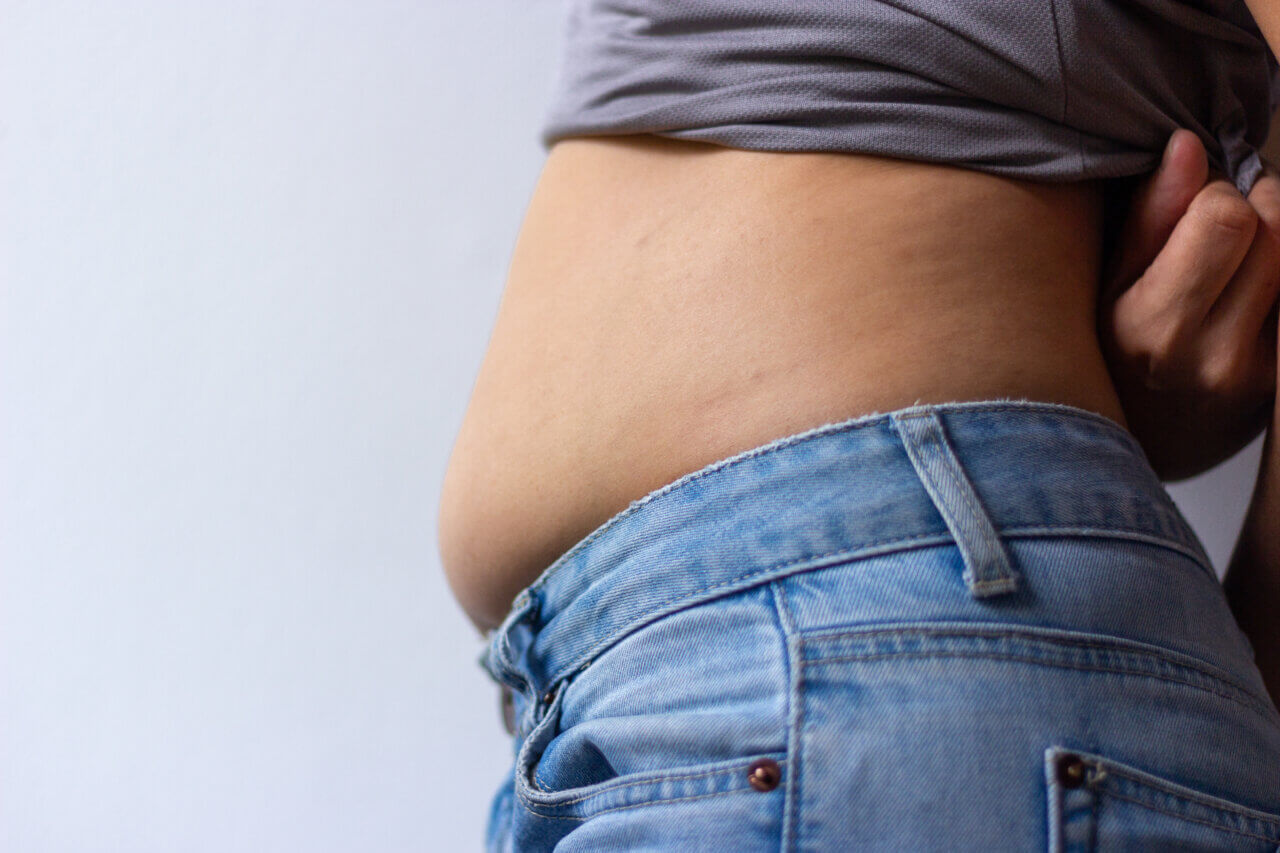Do At-Home Food Allergy Tests Work?

Clinically reviewed by Kaylee Davis, LD, RD.
At-home food allergy tests and food sensitivity tests are increasingly popular with people who suspect they have an issue with a particular food. But how do these tests work, and are they accurate? It’s important to have answers to these questions before you purchase one.
Should I Get a Food Sensitivity Test?
Experiencing symptoms such as gas, bloating, or diarrhea after consuming a meal but not knowing what’s causing them can be frustrating. So, when you learn that there are tests you can take at home to determine what’s bothering your gut, it’s tempting to go down that path.
You can purchase these tests online or over the counter without a prescription. The testing mechanism varies, but many use a few strands of hair or a drop of blood. The testing company looks for various indicators, like the levels of IgG antibodies in blood. Based on their findings, they send you a list of foods that might trigger your symptoms.
However, medical experts are quick to point out two facts that are important to anyone seeking to understand their reactions to foods. First, there’s a significant difference between food allergies and food sensitivities.
Food allergies are overreactions of the immune system in which the body sees a particular food as a threat and responds to fight it. Food sensitivities, like gluten or lactose intolerance, are also reactions to food, but they don’t involve the immune system. They also tend to be less consistent in the type, timing, and severity of the symptoms they produce.
The second point doctors make is that there currently are no validated tests for food intolerances or sensitivities. In fact, regarding hair testing in particular, there’s no evidence that hair contains anything that can indicate a food intolerance.
This isn’t to say you should dismiss all home testing for food sensitivities. The results from some assessments (genetic testing of saliva or material from cheek swabs, for example) are promising, but they’re still in the experimental phase. The best way to know is following an elimination diet under the guidance of your primary care doctor and a registered dietitian.
Home Tests Specifically for Food Allergies
At-home tests for food allergies can be accurate. These assessments use a drop of blood drawn at home and sent to a lab for analysis. The test provider checks your IgE level for a given food like a lab that works with healthcare providers does.
At-Home Food Sensitivity Test Costs
Another consideration about at-home tests for food sensitivities is their cost. These tests typically aren’t covered by insurance and can run anywhere from $100 to $250 for results that may be questionable at best.
Learn More About Food Allergies and Sensitivities from Baptist Health
It’s vital to talk with your doctor about the results if you take an at-home food allergy/sensitivity test. Modifying your diet based on the testing company’s report alone can cause nutrient deficiencies, so getting accurate medical advice is essential.
If you experience symptoms after eating, contact your Baptist Health physician. They can talk with you about how to identify food sensitivities and order tests for food allergies if appropriate.
You can find a doctor in our online provider directory if you don’t already have one.



